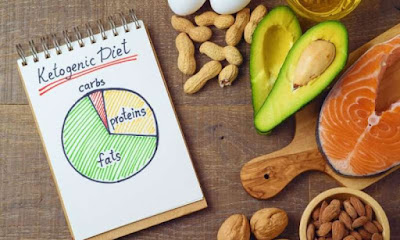Posts
Showing posts with the label ketogenic
What’s the actual way to lose fat? The ketogenic diet or a simple balanced diet with a calorie deficit?
- Get link
- X
- Other Apps
What has been your experience with the ketogenic diet?
- Get link
- X
- Other Apps
How does a Ketogenic diet change your life?
- Get link
- X
- Other Apps
What foods are good for losing weight?
- Get link
- X
- Other Apps






